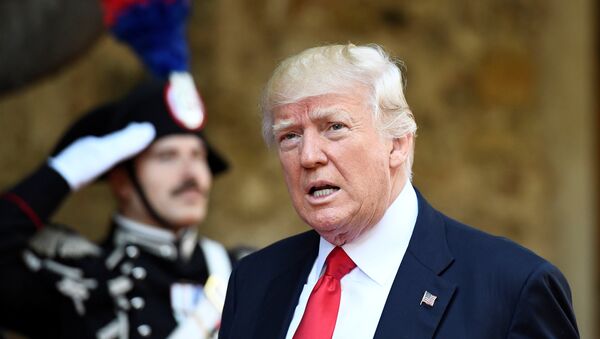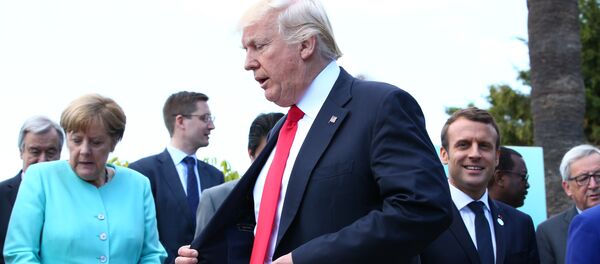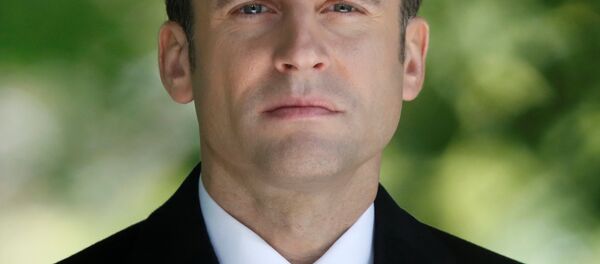"This removes the United States from leadership in science and technology on what is clearly a major growth sector in the global economy — green industry, climate change mitigation, and remediation," Freeman said on Thursday.
Trump had identified the United States with obscurantist forces around the world who denied the empirical evidence of cutting edge scientific research, Freeman, a former US ambassador to Saudi Arabia maintained.
"It aligns Americans with those opposed to science and undercuts their ability to compete in technologies that address a challenge common to humankind," he said.
Far from showing leadership to his country and to the world on the issues of climate change and wider environmental responsibilities, Trump had abdicated in both areas, Freeman insisted.
"This is surely an abdication of leadership on an issue that most literate residents of our planet are deeply concerned about," he said.
Trump had turned his back on years of tough and difficult multilateral diplomatic negotiations that were needed to produce the Paris accords, Freeman maintained.
"The Paris accord was hard fought. With the Trump administration proposing bilateral renegotiation of numerous multilateral and pluri-lateral agreements, its repudiation will raise serious doubts about the value of the American word," Freeman warned.
Trump’s decision to repudiate the Paris accords would have dangerous consequences for any future security guarantees and diplomatic support he might wish to offer to other countries, Freeman warned.
"Who will wish to accept US commitments to future agreements, whether bilateral or multilateral, if Washington implicitly reserves the right to withdraw these commitments at will?" he asked.
"In the current international beggar-thy-neighbor atmosphere that the Trump administration has helped create, will this not lead to actions by others to penalize the United States for its irresponsibility?" he asked.
Trump hoped to make the United States more competitive economically against other countries by slashing carbon consumption taxes and penalties, but this was likely to be neutralized by other major nations going in the same direction, Freeman suggested.
"With carbon cap and trade regimes proliferating, one can well imagine a border adjustment or carbon tax in other countries directed at offsetting any presumed competitive advantages that the United States might hope to derive from opting out of collective action to address climate change," he said.
Chas Freeman is a lifetime director of the Atlantic Council and served as US Deputy Chief of Mission and Chargé d’affaires at the US embassies in Beijing and Bangkok. Freeman also held several senior level positions at the US Department of Defense.





